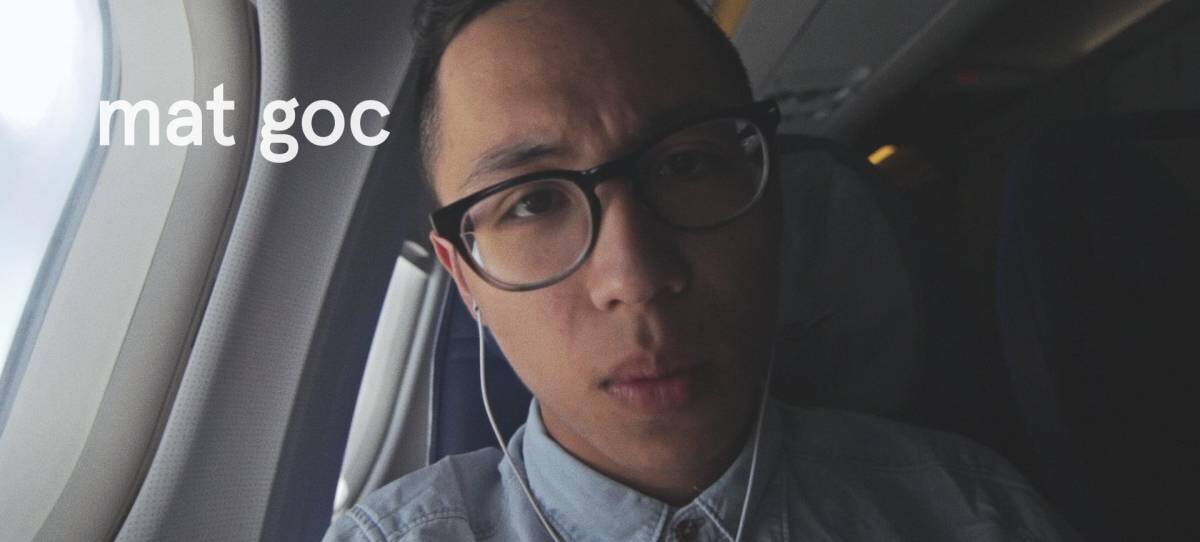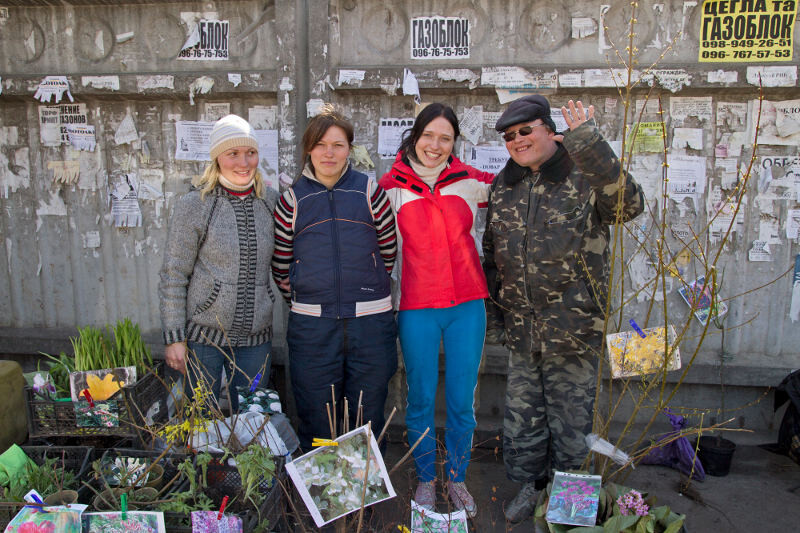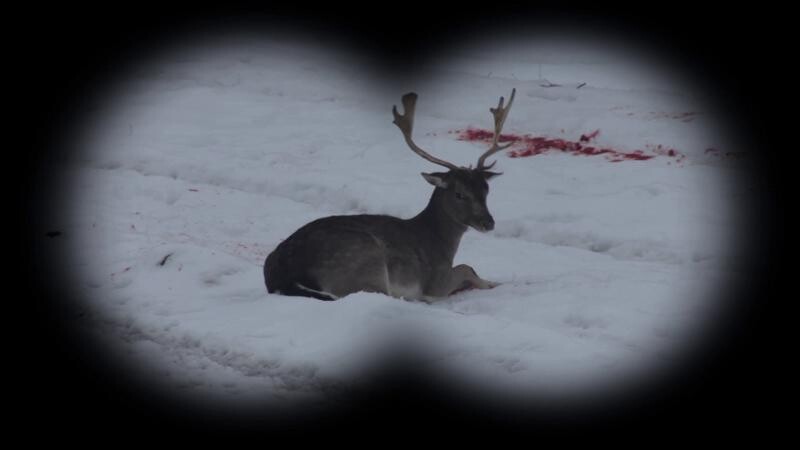Hey, Grandma, say something into the camera
You attended FAMU for only one semester; do you think that film education is important for production?
Are you familiar with the site No Film School? This web page opened my eyes and I may have learned more from it than I did at FAMU, where we were literally just surrounded by books. To a certain degree I am glad that they kicked me out because I found out a few interesting things about myself. For example, I realized that I do not want to become an editor. Looking back, I also pause to think about who I actually was during my studies at FAMU – a boy who constantly tried to please someone, becoming a “deep” experimenter, who created things that were actually foreign to him. They told me: talking heads are bullshit...which is why I never incorporated one into any of my school projects.
I don't want it to sound like I am hating on FAMU, because thanks to it I was able to finish my film. Actually I would like to return, this time to the directing program. If it works out, I will have to be really careful to avoid becoming a phony artist with a scarf, who rolls his cigarettes by hand and is awfully contemplative.
What are your thoughts on the fact that your film was chosen for this year’s main competition section Czech Joy? How do you perceive your film amidst the rest of the competing films?
My film is not really that good, I would definitely make improvements in many aspects. I think they chose the film for the competition section mainly because I am yellow. The film is also a bit different, more personal. It was easy for me to fly off to Vietnam, gaze around for half a day and then film something. For example telling a grandma: Hey, grandma, say something into the camera. But to make a real film, of which there are many along side mine in the competition, is difficult. Filming is usually preceded by background research, whereas my research is my life. I don't think that being a part of Jihlava is such a big achievement. A Czech leaving for Vietnam and filming something there is extremely interesting for most people and they see it as a victory. But there really isn't anything deep to it. It's just a small joke, just an experimental doc-clip.
Why did you set out on the journey of doc-fiction?
I am drawn to reenactment, which is why I would like to take up directing. I find inspiration within myself. Two years ago I bought a camera and started filming myself while dancing. My work is also affected by wedding videos. I make a living by attending weddings. At the beginning I only attended Vietnamese weddings, and after I improved, I started filming weddings for white people. I must admit that the Czechs are more open to co-operation. The Vietnamese want only the big ensemble and long shots.
I've never actually seen any doc-fiction. In general, I don't take an interest in documentaries. If so, I prefer local cinematography rather than some golden fund of cinematography. I would like to meet with the viewers after the viewing and talk about the creation process. I view Mat Goc as a situational piece – an improv-show.
What was the primary impulse for your journey to Vietnam?
Kokeš's film V.I.P. / Vietnamese Important People (2013), which I took part in. After filming, we once went to KFC together and I mentioned my planned trip to Vietnam. I wanted to film myself dancing in various places, creating something like a dance video – something very cool. But after that he told me that although it sounds good, it needs something else. And so there, at KFC among the chickens, we came up with an outline.
What are your views on the Vietnamese community in the Czech Republic and various variations of relationships of Czechs towards the Vietnamese?
I still see it as isolated and the unfamiliarity with the language contributes to this. When I filmed weddings in Germany, where the Vietnamese have been much longer, it was totally normal that there was a white person at the wedding and that everyone spoke German with him. At a wedding in Prague, you won't see even one white person, let alone a mixed couple. We formerly lived in Cheb and from there many families including ours moved to Prague. My father joined them all together and now at Prague 10 we have a network of friends, which is also isolated in some way, since neither of my parents know Czech.
Concerning the relationships: I am not quite sure if I feel more like a Czech or a Vietnamese. I am somewhere in between. I find it sad that Vietnamese children don't know what to do with life. They usually work only for the Vietnamese community and they don't want to conquer the Czech Republic. I think that the Czechs are afraid of the Vietnamese. My mother always told me that a Czech shop is no competition, but don't ever start a business next to a Vietnamese. That would make a good documentary. It is also quite difficult for the Vietnamese to find a job. I've wanted to work ever since I was fifteen, but not even McDonald's accepted me. Actually they didn't even reply, which made me angry and so I said to myself that I will start shooting films.
Will you continue to draw topics from your own life or from the Vietnamese community?
I would like to make a film about Vietnamese filmmakers who shoot Vietnamese weddings. I think that a person should draw from their own experiences – although I would like to avoid descriptiveness in the future. I have an idea in my mind: to shoot two or three more short films and create a series out of it. Maybe HBO would accept it. I would enjoy making a series about one shop and one neighborhood. One episode would be about my sister who grew up in our shop. It was very bizarre for her. However, I definitely won't be shooting films about Vietnam; YouTube is full of that.
This interview was published full-length in Czech in the Jihlava IDFF newspapers, dok.revue F05.
Translated by Christina Skorulska



